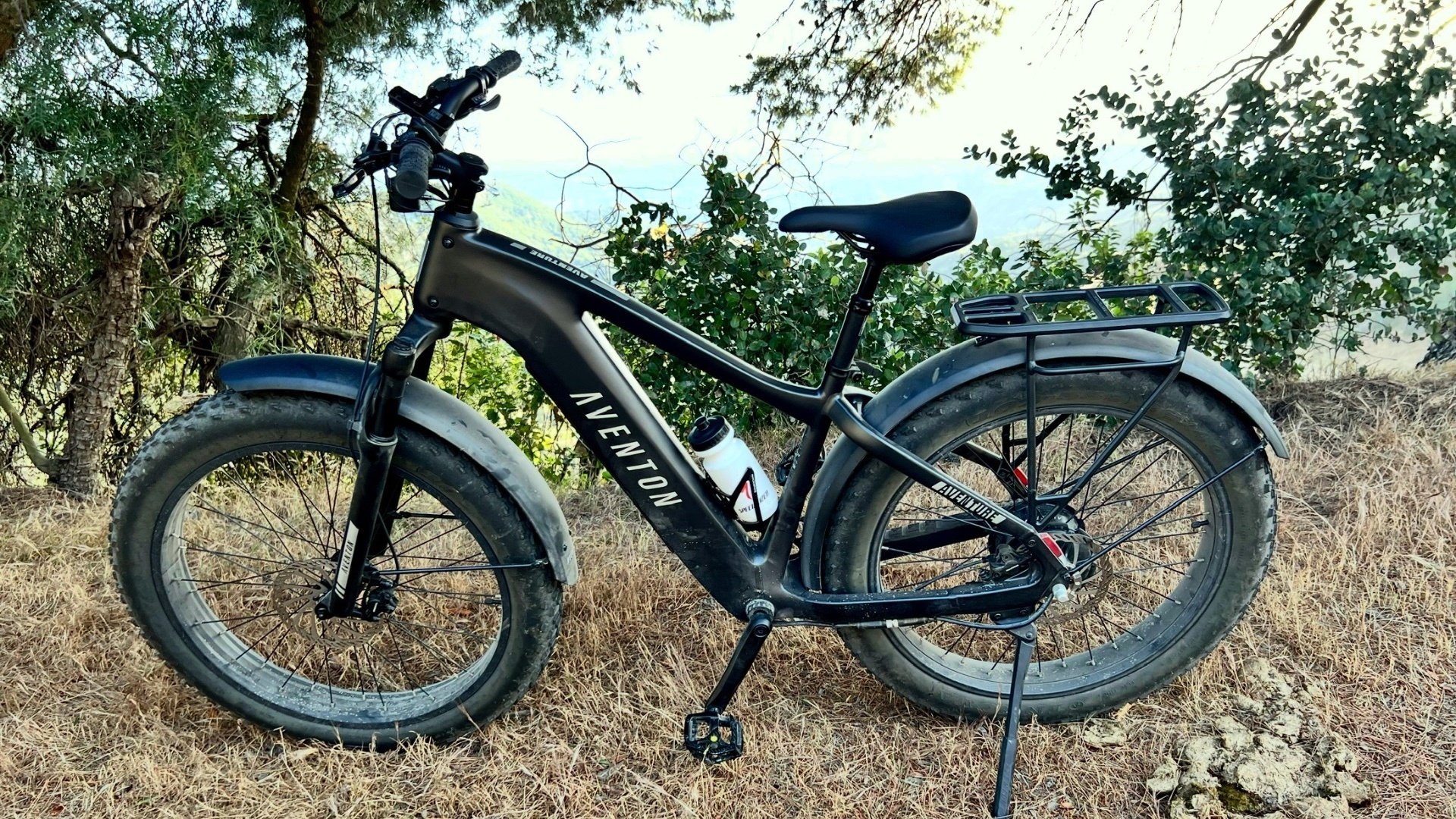Now Reading: Optimizing the Adventure 3 E-Bike: Key Settings for a Better Ride
-
01
Optimizing the Adventure 3 E-Bike: Key Settings for a Better Ride
Optimizing the Adventure 3 E-Bike: Key Settings for a Better Ride

Quick Summary:
- Overview of Aventon Adventure 3 E-Bike: The new e-bike offers customizability, allowing users to adjust speed limits, pedal assistance levels, and security features via the Aventon MyRide app.
- Top Speed Adjustments: Factory settings limit assistance to a maximum of 20 mph (class 2 e-bike). However, users can raise this to 28 mph for class 3 e-bike performance through the app. Legal limitations prevent speeds beyond this in assisted mode.
- Pedal Assistance Customization:
– Three tweakable assist levels (Eco, Sport, Turbo) allow adjustments for torque (acceleration/hill climbing), motor assistance level (battery usage), and pedal response smoothness.
– Profiles can be saved for different riding conditions such as trail or commuting.
- Integration with Fitness Apps: Users can sync ride data with Strava or Apple Health for activity tracking.
- Advanced Security Features:
– Auto locking rear wheel when powered off.
– Motion alarm notifications sent to paired phone.
– Lost Mode includes motor disablement, GPS tracking, and rear-wheel lock.
– Geofencing allows restriction of bike usage within specified locations.
- Social Platform & Onboard Display Highlights:
– Aventon’s “Discover” social platform enables sharing photos and rides with fellow riders.
– Basic functions like resetting trips or adjusting battery locks are accessible directly from the onboard display.
Indian Opinion Analysis:
The advancements in electric bicycle technology exemplified by Aventon’s Adventure 3 hold significant relevance globally. For India-a country grappling with challenges related to transportation sustainability-such innovations could contribute towards enhancing urban mobility while reducing environmental impact.E-bikes could particularly appeal in cities dealing with heavy traffic congestion and pollution issues due to their compact design and low emissions output.
The customizable features allow riders flexibility that aligns well with India’s diverse socioeconomic demographics-from cost-conscious commuters looking for eco-friendly alternatives to recreational cyclists seeking tailored experiences. Enhanced security features like GPS tracking address concerns surrounding theft-a critical factor deterring adoption across urban centers.However, widespread integration into India’s infrastructure depends on supportive policies such as subsidies for green transport initiatives alongside robust charging networks to facilitate usability among the masses.As public awareness grows regarding smart mobility solutions like advanced e-bikes, India might witness an incremental shift toward embracing technologies that encourage lasting travel practices without compromising utility or convenience.


























